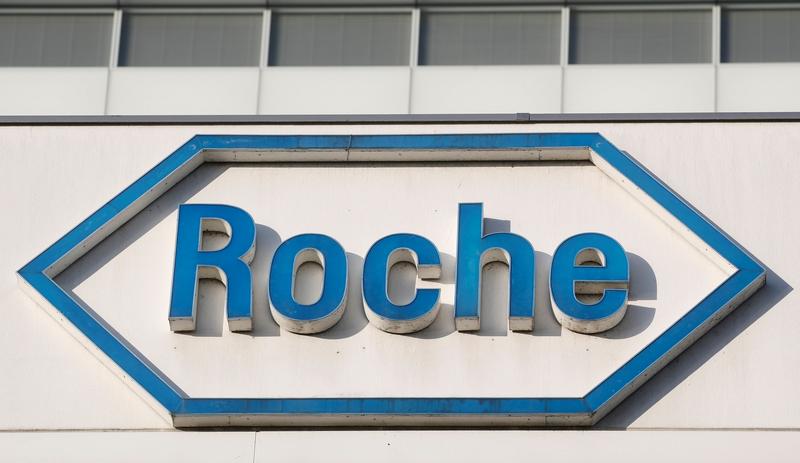ZURICH (Reuters) – Swiss drugmaker Roche said on Thursday that adding its drug Actemra to Gilead Sciences’ Veklury medication, also called remdesivir, did not reduce hospital stays for patients with severe COVID-19 pneumonia.
Roche’s anti-inflammation medicine Actemra combined with Veklury, Gilead’s antiviral drug, failed to reduce patients’ time in hospitals in the REMDACTA trial, which compared the cocktail with treatment using only Veklury and standard care, Roche said in a statement.
The trial also showed the Actemra-Veklury cocktail missed key secondary targets such as reducing the likelihood a patient will need mechanical ventilation and cutting the risk of death.
Actemra has had uneven results in several COVID-19 trials, helping patients in some and not demonstrating a benefit in others. Veklury, originally developed for treating Ebola, was the first drug approved for COVID-19 patients, though its trials have also produced conflicting conclusions on its benefits.
“Given the global impact of COVID-19 pneumonia on patients, we are disappointed that the REMDACTA study did not meet its endpoints,” said Roche Chief Medical Officer Levi Garraway, in the statement.
But he said the “totality of the data” on Actemra, including from other trials where it did succeed, showed it helps certain patients.
Roche has said the varying trial results for its medicine were likely due to differences in the patients studied, the timing of their treatments and the “endpoint”, or how success or failure is measured.
Actemra is approved for rheumatoid arthritis, and is also deployed in blood cancer patients whose immune systems spin out of control after cell therapy treatment. During 2020, Actemra rose to become Roche’s fifth-best-selling drug, at more than $3 billion, with nearly $600 million from COVID-19 treatment.
Source: Read Full Article
